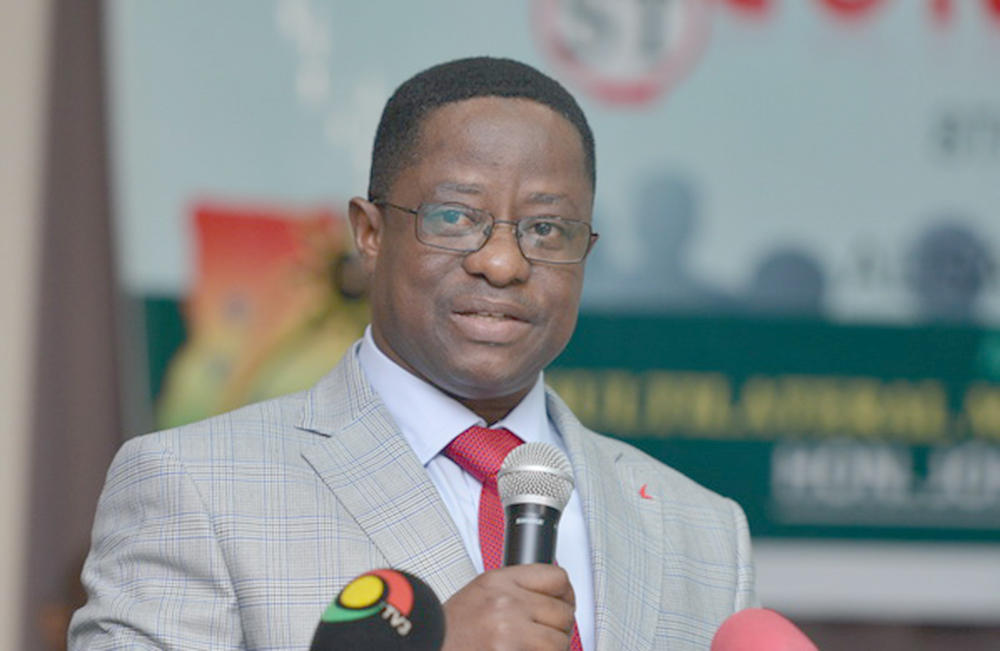
Establishment of petroleum, petrochemical hub -Ghana to earn US$1.56bn in export tax
The establishment of a petroleum and petrochemical hub in Ghana will earn the country about US$1.56 billion in export taxes annually, the Parliamentary Select Committee on Mines and Energy has noted.
The committee indicated that the establishment of the hub would contribute immensely to the economic growth of the country through value addition to the country’s petroleum resources and job creation.
In its report on the Petroleum Hub Development Bill, the committee also noted that the hub would increase the country’s GDP by 130 per cent through the injection of US$60 billion into the economy by 2030.
“In addition, it will also provide the country with liquefied natural gas (LNG) facilities for power production and drive the growth of various industries, including petrochemicals. This is expected to create 780,000 direct and indirect jobs in the country.
“Tax receipts from the downstream value chain operations will also boost the government’s revenue to undertake development interventions. The hub also comes with basic social amenities such as schools, health facilities and leisure parks expected to improve the social well-being of the people,” the committee noted in its report.
Petroleum Hub Development Bill
Cabinet at its 48th sitting gave approval to the Ministry of Energy to develop petrochemical base in the Western Region of the country.
The project is justified by an opportunity for the establishment of a major infrastructure for refining, processing, discharge, storage, distribution, transportation and trading of petroleum products using Ghana as a hub for West Africa and the world at large.
The project involves the development of refineries, port terminal facilities, storage facilities as well as petrochemical and LNG terminals with a network of pipelines sufficient enough to supply petroleum and petrochemical products to meet the domestic and West African markets.
The purpose of the bill is therefore to establish a corporation that will among other things coordinate and manage the activities of the hub.
Funding for project
The committee was informed that the estimated cost of the hub is US$60 million, out of which the government of Ghana is expected to contribute US$6 billion, representing 10 per cent of the total investment cost.
The government intends to leverage on private capital to finance the remaining US$54 billion.
The contribution of the government would be targeted at providing the initial basic infrastructure, including land acquisition, payment of compensation, construction of road and railway networks and extension of social amenities to the area.
Economic viability for project
The committee was informed that the economic viability of the project was justified by both increasing demand for the consumption of petroleum products and untapped market in sub-Saharan African countries.
The total consumption of petroleum products across the West African sub region alone is currently estimated at 30 million metric tonnes per year and is projected to increase to 78 million metric tonnes by 2030.
The consumption Urea in sub-Saharan Africa is also estimated at 2.6 million tonnes annually.
The establishment of the hub is therefore expected to enable the country to maximise the value of its gas reserves of about 2,080 billion standard cubic feet and also take advantage of the emerging market in Africa for the production and distribution of ammonia, fertilizer, methanol, among others.
 Click the link to read your copy.
Click the link to read your copy.